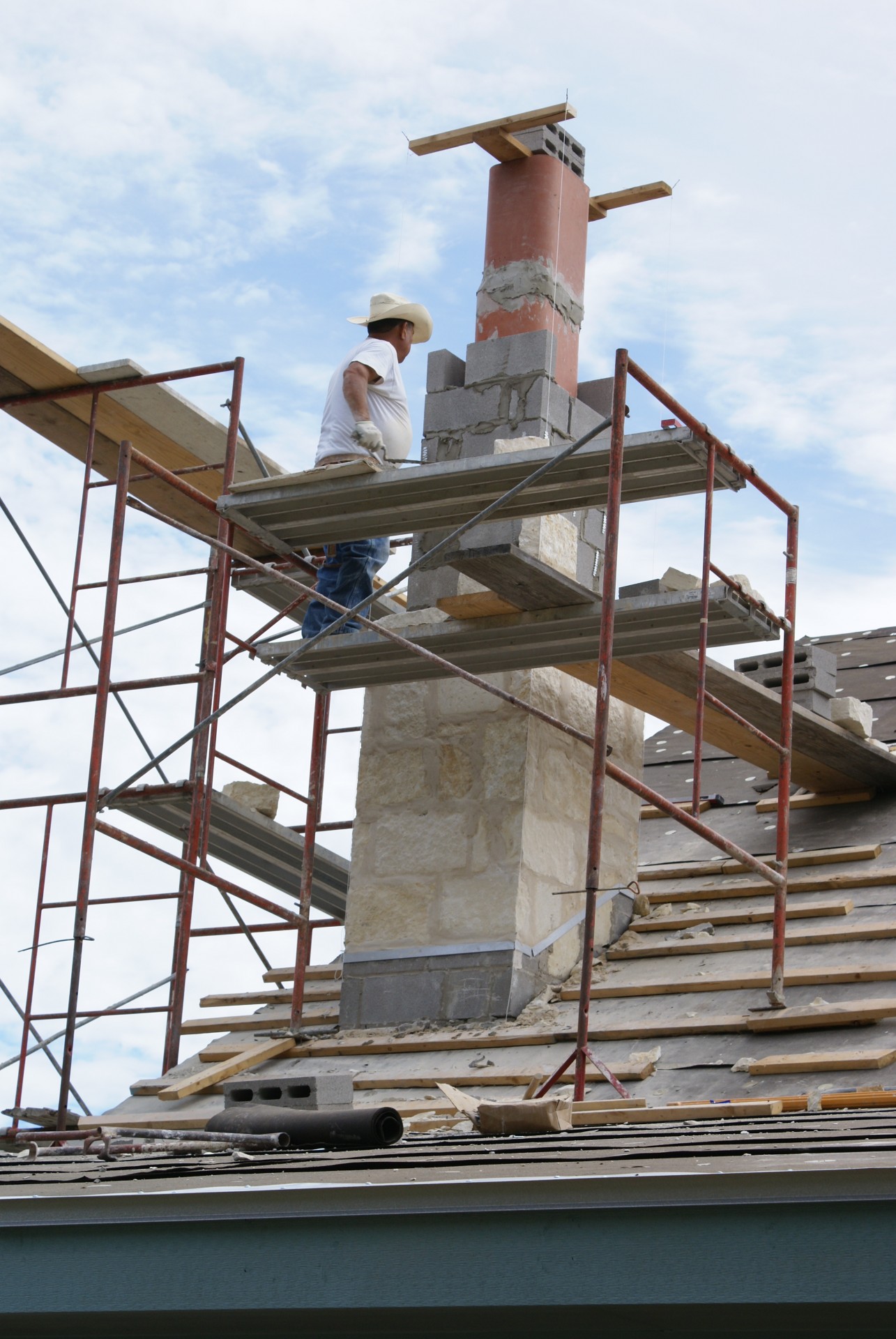
Unfortunately, arguments and disputes happen all the time across all fields. One area where it can happen easily is construction when there is a miscommunication, lack of communication, misunderstanding in a contract, etc. Construction projects can hit speed bumps because issues arise as work goes on that can be unavoidable. If there is miscommunication or misunderstanding of those issues, bigger problems can be created that may lead to legal battles. The article below helps you navigate what to do if a problem happens before resulting in court.
Building a new home or extensively renovating your existing home can be a wonderful experience – a chance to create a place to live that’s just right for you and for your family. It’s also complicated, expensive, and time-consuming. No matter how diligent you are, and how experienced and conscientious your general contractor, there’s always the possibility that a disagreement between you will grow into an apparently irreconcilable dispute. How do you resolve conflicts with your contractor, keep your project on track, and avoid unnecessary and expensive litigation?
Hopefully, you began your project by signing a written contract with your general contractor, which covered the scope of work, timeline for the work to be completed, and – especially – what to do if you and your contractor disagree about the quality or the timing of the work. Before you run to your contractor to complain about something, be sure that the contractor is actually doing something that wasn’t permitted by the contract – or be ready to point to the contract clause that is seemingly being violated.
When the contractor starts work, when the work should be finished, who pays for the materials the contractor will use and when the contractor gets paid – some up front and the rest on completion? periodically over the life of the job? – are common points of contention that are typically covered by most construction documents.
Of course, during the course of a job, the planned work may change, and the contract may not even cover some of the changes. That’s why it’s important to write down any job changes – which you can do using Nolo’s (free!) “Contractor Mid-Job Worksheet.” Expect the unexpected, and be prepared to sit down with your contractor regularly to review progress and deal with changes, like a sub-contractors’ illness.
Also make sure that the contractor is on board with your changes. Both of you should review and sign any contract modifications, to avoid costly and time-consuming disagreements down the road.
Many problems generate a lot of heat but can be resolved with a little discussion and some good will. For example, you’re getting calls from one of your new neighbors – your workmen are using noisy equipment first thing in the morning, and disturbing your neighbor’s infirm mother. A simple rescheduling of job tasks might be enough to put the noisy work in the middle of the day without slowing down the overall construction flow.
The licensing agencies in many states offer dispute resolution services that work well for disputes between homeowner and contractor. The licensing agencies tend to have an institutional bias toward the general contractor, but the substantial savings in time and money may still make it worth asking for their intervention.
Mediation and binding arbitration offer ways to avoid time-consuming and expensive litigation. Because both are non-adversarial, the emphasis is on finding a workable solution instead of proving who is right or wrong. Not having to create a “record” for appeal to a higher court helps keep attorney and expert’s fees down.
Mediation and arbitration work well for issues that are not easily quantifiable, for example, constant rescheduling because your general contractor is working for too many clients at once. Typically, mediation and binding arbitration cost $1,000 to $2,000 a day and can last for a week or so. The cost is divided between you and the general contractor.
With mediation, either party can walk away from the mediator’s decision without adverse consequences. With binding arbitration, the arbitrator’s decision is binding on the parties, but there’s no appeal available.
Make sure that the mediator you use is competent (many retired judges keep their hands in by doing mediation work) and, if possible, is experienced in the resolution of construction disputes. You can find the names of mediators and arbitrators at the American Arbitration Association or online.
No one wants to bear the cost and take the time to litigate a dispute with a general contractor, but, when non-adversarial approaches haven’t worked, it can be the only effective remedy. If the amount in dispute is relatively small (typically, less than $5,000; see Nolo’s state-by-state chart to find out the limit where you live), you can file a claim in small claims court. The filing fees for small claims court are relatively low. You can represent yourself; the procedural and evidentiary rules are “user friendly” to encourage claimants who can’t afford an attorney.
However, if the amount in dispute is too large for small claims court, you’ll probably need to pursue your claim in a regular court. The filing fees will be higher than in small claims court and attorney’s fees can range from $250 to $1,000 an hour. Construction litigation is a highly specialized area of legal practice; make sure that your attorney’s experience is commensurate with his fee schedule. If the case doesn’t go your way, you have a right to appeal – but this will mean more in attorney’s fees. Appeals can go on for years, while your project languishes. No matter how badly the contractor has behaved, litigation should be your last resort.
Article sourced from: http://www.nolo.com/legal-encyclopedia/dealing-with-mid-project-contractor-disputes-when-building-remodeling-home.html